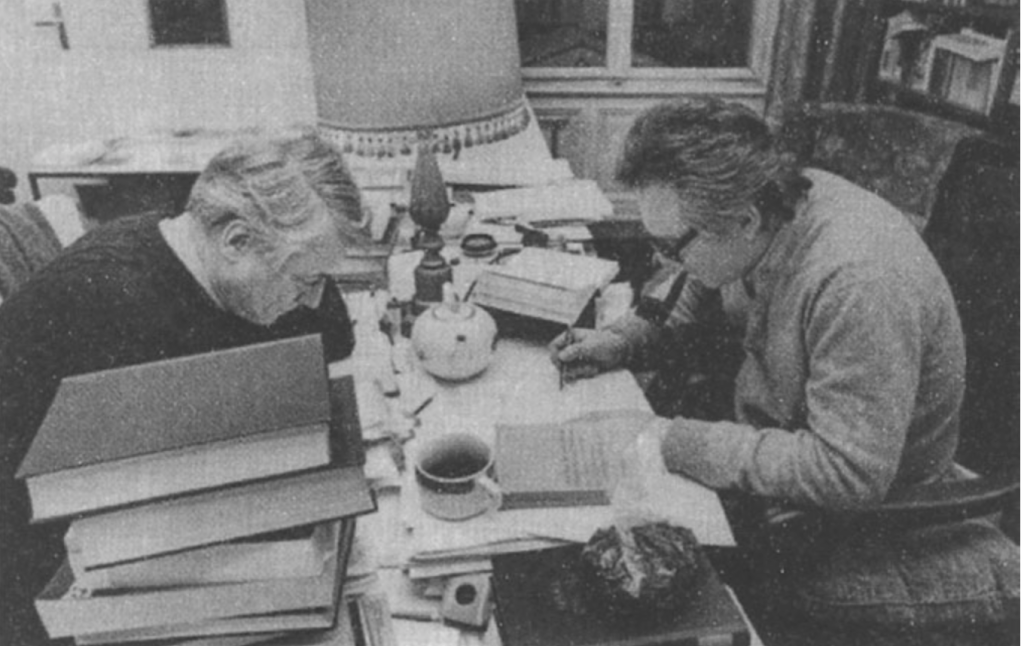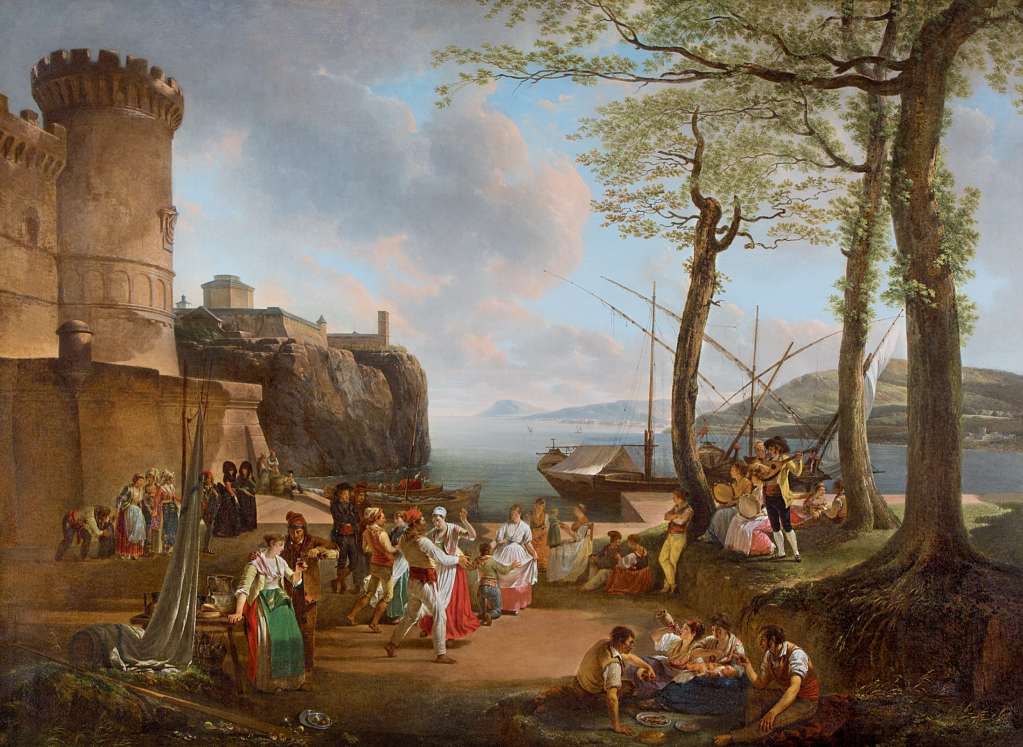The premise that the economic sphere impacts the moral sphere of society is well accepted. Marxists claim such a separation of these spheres, whether in functional or analytic analysis results in idealism. Thus, the wager that the task of critique is to isolate or show how an autonomy of these spheres is possible is deeply misguided. The work of social theorists whom Michael Thompson refers to as “neo-idealists” (Honneth, Habermas, Pippin, Taylor) are all examples of idealism in that they aim to separate these spheres in their social critique; they often aim to reinforce the autonomy of the moral and cultural sphere.
But yet how does this interrelationship function? How do these two domains dialectically function? Engels states that in capitalist societies, what is vulgar – base greed, avarice and so on become celebrated in the dialectic of capitalist development — i.e. there is a dialectic between value creation and capitalist development. This dialectic helps describe why at the peak of capitalist decadence–as during say the Reagan and Thatcher periods of the ascendance of neoliberal finance capitalism, the most base avarice occurred within the moral domain of society. The proposal then has it that value creation in capitalist societies functions as an uneven development of the dialectic of capitalism.
On the one hand, this uneven development means that you have the refinement of the economic value form of capital and on the other you have a slipping of the moral sphere of consciousness into a vulgar state.
Lukács’ Ontology of Social Being presents a theory that gets at the core of this strange contradiction. Marx notes as early as The German Ideology that the sum total of relations of production are what determine the development of consciousness. From this fundamental insight, Lukács develops a new reading of history, wherein history is able to be isolated at certain moments where an ontology of social being can be ascertained.
“Only an uninterrupted and vigilant ontological criticism of that which has been discovered as a fact or a relation, a process or a law, can reestablish in thought a true insight into the phenomena” (Lukács , 29).
The dialectic between the law of capitalist modes of production, which form the basis of what Lukács calls ‘the abstract laws of society’ and the relations of production of capitalism form two complexes which dialectically interact. Ontologically, these two poles of law and historicity, are not opposites but are closely intertwined forms of reality which are essentially composed of various heterogeneous moving complexes.
The law of value is the most general law that is situated within this dialectic and social being is chiefly determined by labor. When you factor into this dialectic the law that the value of the individual product constantly falls as the sum of values rises, any increase in the sociality of production results in a decline in the labor socially necessary for this production. Labor then becomes the starting for the humanization of man away from vulgarity and base greed, avarice and so on. Labor thus functions as a repellent of the base vulgarity of capitalism.
For Lukács, economic development provides the objective backbone of actual progress in capitalist societies, however, the decisive values perpetuate themselves in this process-consciously or unconsciously in a highly mediated way. He frames his theory of the uneven development of values and culture with the question as to why Shakespeare reached the pinnacle of cultural development and his period was on the cusp of the transition to capitalism. The contradictions of the economic and values spheres reached a sharp point of distinction allowing for a blossoming of this tension in the cultural sphere.
There are objectively important distinctions to be made as to which moments of this overall process that Lukács tracks. Values maintain themselves in an overall social process that is continuously repeated , this is the way they become, in their own way, existing components of the social being in its reproduction process, elements of a complex ‘social being’. So we are not looking here at a structural law of uneven development, rather a speculative dialectic.
Lukács is a part of the wider project of Marxist humanism but in a fairly complicated fashion. The question that his work in The Ontology of Social Being leaves me with is whether such a visions such as Marxist humanism, which is defined as being chiefly committed to the revitalization of labor as the driver of proletarian politics–is in fact a politics that is feasible today?
Labor as a category of value determination, as Lukács theorized it, has mutated into something radically different in our current system of global capital social relations. The law which Lukács identifies pertaining to the socialization of labor, that any increase in the sociality of production results in a decline in the labor socially necessary for this production–has reached its bottoming out point today. This bottoming out tells us a great deal as to why the value sphere, the public sphere and the overall cultural crisis of the present seems unable to escape nihilism, vulgarity and so on.
What if this Lukácsian dialectic of uneven development is something else entirely today?



Leave a comment